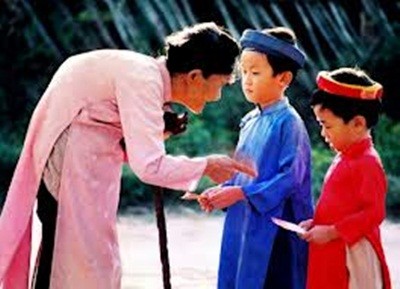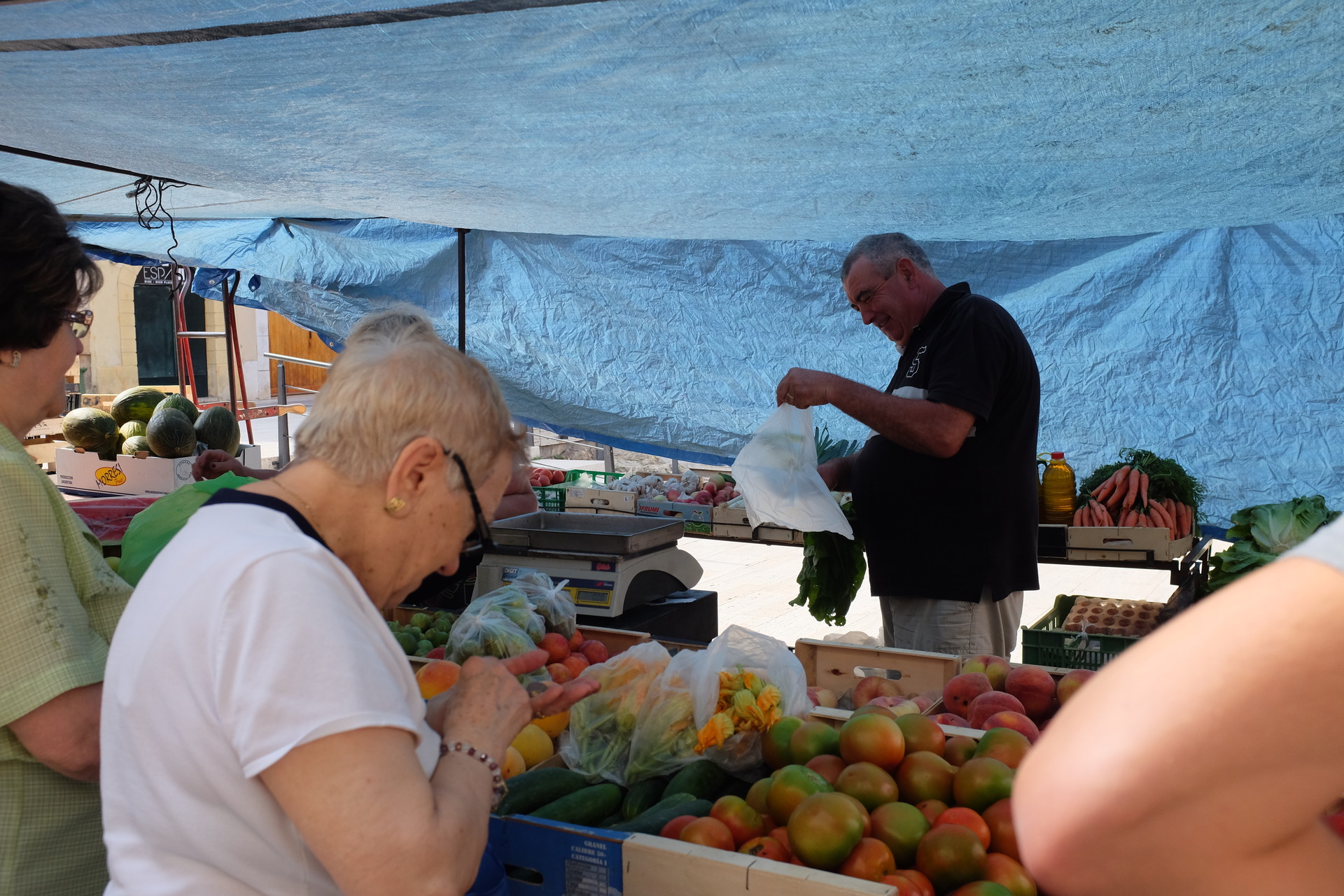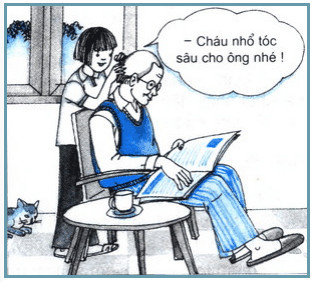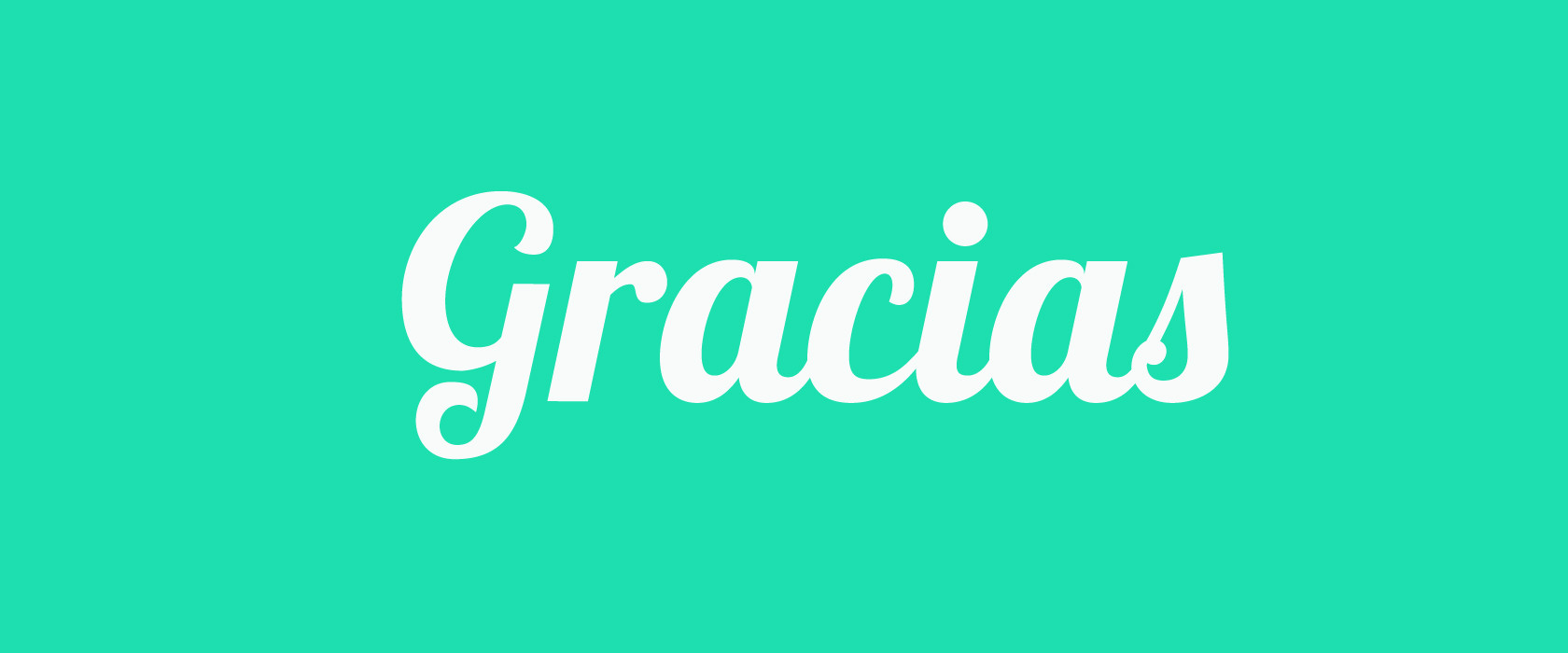Gracias - Vietnamese people rarely say " thanks".
Last day I read an interesting article about "thanks". This article reminds me of my communication in my country. As you can guess, I receive many inquiries or help. There are so many letters that never make a name! And the questions, the words... not say, only know hand up to heaven. It is a letter from a public address, so it is not known whether the person actually exists or not. When I finish answering, it's as if the person has disappeared. They will never send me a message saying that the message was received (but not "thank you"). At first, I thought of only a few cases, but I was wrong: as if this phenomenon was systematic, as if it was a culture of Vietnam.
-
“ Vietnamese Culture does not say thank. ”

Well, frankly, I do not care, because when I do, what I need is not a thank you (even though it makes me warm heart and I feel happier if there is a thank in the end) but just want to do all my work as my responsibility.
But that is me, a Vietnamese, so what about the West (Europe)? I just fear that culture that applied to Westerners, they would think badly about the Vietnamese. If I replace him with a Western guy, I know he will think the Vietnamese people are very ungrateful, very impolite, lack of civilization in social communication.
Actually,
- “ Vietnamese people are not ungrateful, but just because they are not used to saying "thank you”.
On the day I arrived in Tarragona, I saw the words "Gracias" and "De nada" as the words of heart and the words that I have heard most during my time in Spain.
-
Gracias - a lovely and warm word of Spain.

It made me feel warm, kind and happy even though sometimes I do know it is just a good habit. Actually, right from the first day of learning English, when asked "How are you today", the answer is roughly "I am fine, thank you. " There must be a word of thanks.
-
Hola, Qué tal?
For example, whenever I have used any services, after shopping, after the payment, the seller also "thank you", and his (shoppers) also "thank you" again. In Spain, I often met the phrase "Como estas? " at the supermarket or on the bus. And when I met Michael and Biel, they often asked, "Hola, Qué tal? "
Obviously I will answer: "estoy bien. Gracias".
Similarly, the word sorry is also the first letter of the lips. Take the road, if anyone touched one, they immediately turned to say "sorry. " (In my country, perhaps due to high population density, so the conversation is normal, do not need to apologize). Saying a sentence and I see myself ungainly, the following sentence will be "I'm sorry. " Even when they punched me like a blaze, they also turned to tell their victims "sorry"! Sometimes I think Westerners are too flustered.
-
My wrong thought about European has gone
In the past, when I was in my country I heard people say Westerners are polite, but they are not very moral.
For Vietnamese, being moral is when you have to do good things to other people such as your family and friends, you should always think about your family first then you after.

Vietnam children have to take care and respect the old people. It is a normal moral rule in Vietnam. (Photo from my morality primary book at primary school)
But when I go out, I think that view is too wrong. Thank you and apologize for being almost a European culture, especially for Spaniards and Italians (I do not know how many people in Eastern Europe do not dare to say it). They are not only very polite but also very virtuous. They never face an accident to let victims lying on the road as in Vietnam. Children from a very young age are taught to have social responsibility, to say "thank you" and "to apologize. " I see this is also the point where I need to learn Westerners.
I need to self-criticism of Vietnamese people I rarely say "thank you". This is repeated many times, and almost a common habit of the Vietnamese, so I would tell the following story for people to think together.
-
Mr. Kim surprised with my Vietnamese classmates (they do not say thanks)
We went to class earlier than usual. The class is about to begin, everyone is writing, computer, notebook placed on the table, a person in charge of technical LCD monitor care for the screen is clear. That day we had Mr. Kim's lessons from California State University. I said that I studied Finance in the Advanced Educational Program which was established by the cooperation between National Economics University of Hanoi and California State University. That is also why I can speak English quite fluently.
Professor. Kim, get up to get water. Before leaving the door he asked:
"Do anyone want to have some drink? I will bring in ".
The class room was composed of classmates who answered yes, who did not respond in fluent English but they still spoke. However, only one of the ten answers included a "thank you".
That afternoon, Professor Kim told me:
"I was shocked and wondered why the Vietnamese did not say thank you".
In the morning, the person saying "yes" is missing "please", and the respondent "no" does not include the word "thanks".
I laughed sadly. Not all of them are, but we must admit that the above statement is true. For foreigners, when someone wants to help themselves, we should thank them immediately, regardless of whether or not to receive help. For the Vietnamese, little children are not so clearly instructed.
-
Normal polite practice in Vietnam
Let me give you two real and everyday stories, for instance:
1. Baby heard the bell immediately run out the door. Uncle Lien went to the market to hand a basket of food; the other hand took the dumplings asked Baby Hoa:
- Do you eat dumplings?
- No Uncle, I have just eaten breakfast.
To us is too polite, no need to restrain. Therefore, Hoa will not say thank you to Lien or anyone who does not receive gifts.
Because of this concept, we (Vietnamese people) are afraid to say thank you and lead to bad image in the eyes of foreigners. What can I do to help improve that image? I think that is possible.
Teach your child to say thank you at an early age, both at the time of receipt and at the time of the invitation. This is small, but I believe very important in shaping the personality of children, especially to help children avoid the attitude of ungrateful. In this beautiful world, how many parts are built with big things, how many parts are built from small ones? I think that high mountains also need high flowers; grass Long River cannot lack streams.
Writing these confidences, I just want us to contribute to the beauty of life from those small parts, it is just as much for me as most people...
By the way, thank you a lot for reading my thoughts.

Photo gallery
Content available in other languages
Share your Erasmus Experience in Hanoi!
If you know Hanoi as native, traveler or as exchange student... share your opinion on Hanoi! Rate different characteristics and share your experience.
Add experience →



















Comments (0 comments)